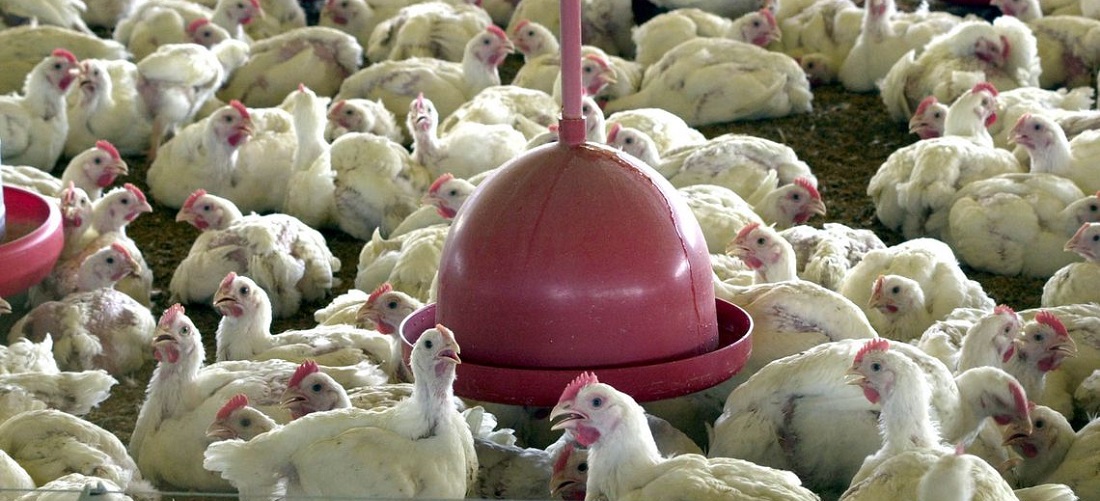
War prevents meat exports to Russia and raises costs in this industry
Mar, 28, 2022 Posted by Gabriel MalheirosWeek 202213
Although Russia may account for as low as 2% of Brazilian meat-cut exports in 2021, the country’s war with Ukraine, which began more than a month ago, has become another risk factor for the Brazilian meat-packing business.
With negotiations with Russia on hold since the beginning of the conflict, the industry is facing a new increase in production costs, especially in poultry and pork exports. Moreover, the meat-packing market has been in the midst of a worsening logistical crisis since 2020 that has inflated international sea freight prices.
“We temporarily suspended new contract negotiations because the current scenario makes it impossible to cooperate with shipowners and imposes burdens on cargo insurance, locating firms who accept the booking, and, in some cases, even dropping the cargo at the correct port. Thus, we opted for consolidating the delivery of cargo that are on their way while we wait for the situation to normalize somehow,” says the president of the Brazilian Association of Meat Exporting Industries (Abiec) Antônio Camardelli.
Although the suspension of sales to Russia does not worry the sector, given the low share of total international sales from Brazil, Camardelli highlights that exporters do face losses from this: “There is an immediate financial and commercial loss, followed by the loss of the product’s shelf presence, as well as its market share, whether in the direct market or as a canned food ingredient.”
From the point of view of costs, the scenario is worrying, especially for the poultry and swine industries, which are more dependent on the consumption of grains and derivatives. “This is an unavoidable occurrence. When Russia and Ukraine, which control 30% of the global wheat market and 20% of the global maize market, exit the supply chain even for a short period of time, other suppliers, including Brazil, face increased pressure,” recognizes the president of the Brazilian Association of Animal Protein (ABPA), Ricardo Santin. According to him, passing over the increased grain costs to the consumer is inevitable.
“The industry has two alternatives: the producer who has a chicken eating corn priced at R$80 has to sell this chicken for R$95, at a price that will pay offset the costs of the corn. The other option would be to sell it for R$80 but then produce less chicken,” argues Santin.
See below the track records of meat (poultry and beef) exports from Brazil to Russia in the period between January 2020 to February 2022. The data are from DataLiner.
Poultry (HS 0207) and Beef (HS 0202) Exports to Russia | Jan 2020 – Feb 2022 | TEU
Source: DataLiner (click here to request a demo)
According to César de Castro Alves, an agribusiness consultant at ItaúBBA, one of the implications of the Russia-Ukraine crisis in the local meat market is a decline in national chicken and pork production.
“The animal protein industry has a rope around its neck due to strangled costs and difficulty passing on prices. This increase will crush the industry even more, especially for chicken and pork, and, in a second moment, it will lead to reduced production. This is happening already, and the tendency is for it to gain momentum as the price of meat goes up,” explains the consultant. He also noted that the supply of corn in the domestic market should only increase in the second half of the year with the harvest of the off-season crop. “So far, so good, but we’ll have to wait and see how the weather turns out, like whether there will be a cold wave or not… It’s a really risky year,” César continues.
Source: Globo Rural
To read the full original article, please go to:
-
Coffee
Mar, 02, 2020
0
Brazil’s coffee crop forecast to reach 67.5 million bags in 2020/21 season
-
Other Cargo
Feb, 16, 2022
0
Minister from Brazil travels to Iran to discuss urea imports
-
Meat
May, 21, 2024
0
Two more Uruguayan meatpacking plants cleared for shipments to China
-
Grains
Jan, 06, 2020
0
Argentina agribusiness bounces back in 2019

